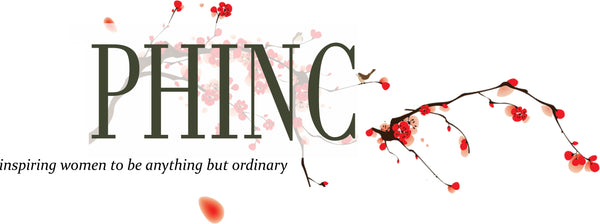What to Wear to a Job Interview: Dos and Don'ts
Share
We've all been there - a looming job interview, and we're panicking in front of our closet. We're asking ourselves, 'What should we wear?'
It's a crucial question because, like it or not, first impressions matter. Our appearance speaks volumes about us before we even open our mouths. It can influence the interviewer's perception of us, impacting our chances of landing the job. We're here to help you navigate this challenging situation. This article will explain the dos and don'ts of dressing for a job interview. Whether for a corporate or creative role, we've got you covered. We'll provide tips and guidelines to help you make a positive impression and communicate the right message. So, let's dive in and explore how to dress for success!
Deciding on the Appropriate Attire for Professional Meetings
When deciding on what to wear for professional meetings, it's crucial to remember that your attire can greatly impact the first impression you make, so don't underestimate its importance.
You're not just dressing for the job you want but also for the respect you deserve. The outfit you choose should be professional, clean, and well-fitted. Remember, you're representing yourself and your potential role within the company. It's also important to note that different industries may have different dress standards. For instance, a finance job may require more formal attire than a tech startup.
Throughout the selection process, we should consider the industry, the company culture, and the role we're applying for. Researching the company can help guide our clothing choices. We can review the company's website, social media platforms, and any available staff photos to gauge the general dress code.
Striking the Right Balance: Dressing Formally vs. Aligning with Company Culture
It's better to err on caution and dress more formally than risk underdressing. We want to demonstrate our understanding of the company's culture and show that we can fit seamlessly into their environment. Even if the company has a casual dress code, stepping it up a notch for the interview doesn't hurt. We're not suggesting full-on formal wear but rather a polished version of their everyday dress code. For example, if the company is casual, perhaps go for a nice pair of jeans paired with a blazer and clean, closed-toe shoes. If the company is business casual, opt for slacks, a button-down, or a simple, professional dress.
Remember, it's not just about looking good but feeling confident and comfortable in what we wear. After all, if we feel good, we're more likely to perform well. In wrapping up, we've seen that dressing appropriately for a job interview is critical. It's not just about looking good; it's about showing respect and understanding for the company's culture.
